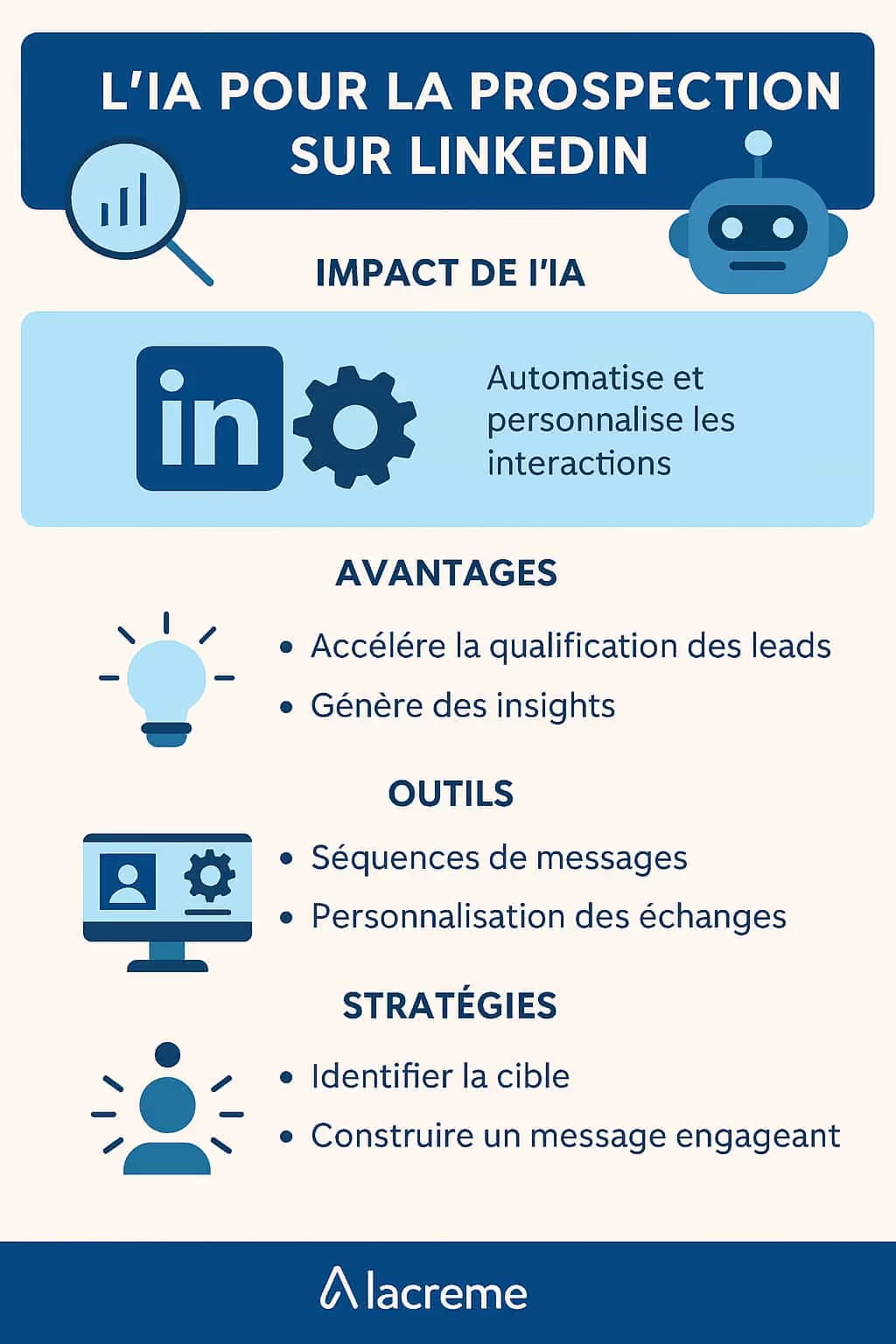The advent ofartificial intelligence (AI) represents a profound transformation for many sectors, and that of insurances is no exception. Indeed, insurance companies are currently experiencing a real technological revolution, where AI promises increased efficiency, lower costs, as well as a considerable improvement incustomer experience. Let's take a look at how AI is redesigning the insurance landscape.
AI in insurance: technological revolution and new perspectives
Optimization of file processing and fight against fraud
AI algorithms are transforming the way records insurance is processed. Thanks to automation andmachine learning, claims are processed with remarkable speed and precision. AI solutions also make it possible to proactively detect cases of frauds complexes that, traditionally, would have required hours of investigative work.
Improving customer service and personalized user experience
AI is helping to significantly improve customer service. Les intelligent chatbots, able to understand and answer questions in natural language, offer 24/7 availability to customers. THEuser experience then becomes more fluid, with increased personalization of services according to the needs and habits of each customer.
Artificial intelligence at the service of risk prediction and management
Predictive analytics for a refined risk assessment
One of the most promising applications of AI in insurance ispredictive analytics. By exploiting large amounts of data, predictive models make it possible to more finely estimate the probability and potential impact of claims, thus allowing fairer pricing and better risk underwriting.
AI in the early detection of potential claims
More than just risk assessment, AI can anticipate and prevent disasters before they happen. Real-time anomaly detection systems, powered by theartificial intelligence, can alert insurers and customers to possible impending risks, thus reducing the likelihood of considerable damage.
The ethical and security challenges of AI in the insurance sector
Personal data protection and cybersecurity
While AI offers revolutionary perspectives, it also raises ethical questions, especially in terms of the protection of personal data. Securing them is becoming imperative, as insurers must invest massively in cybersecurity to maintain the trust of their customers.
Algorithmic biases and their impact on insurance equity
Another ethical challenge is that of Algorithmic biases, which may result in unfair discrimination between insured persons. It is therefore essential to develop fair, transparent, and understandable AIs to ensure that all customers are treated fairly.
The future of insurance: AI, blockchains and new coverage models
Blockchain and AI: innovations for more transparent insurance
Combining AI with technology Blockchain paves the way for more transparent, resilient and secure insurance. Les Smart Contracts automated and unalterable ensure greater efficiency and minimize the risk of fraud or manual errors.
Personalized insurance models thanks to technological advances
Thanks to AI, insurers are now able to offer highly personalized coverage models. From insurance on demand to the dynamic pricing based on behavior, customers benefit from products that are more adapted to their lifestyle and their real needs.
The balance between innovation, AI and human resources in insurance
The complementarity of AI and the human factor
Despite advanced automation, the human factor remains essential in the insurance sector. The integration of AI must be done in complementarity with human resources to guarantee expertise and empathy that only professionals can offer.
Training and evolution of insurance professions in the face of AI
Finally, to support this technological change, the training Continued employee engagement is crucial. Insurance jobs are evolving, requiring new skills in data analysis, in AI management and in cybernetics. Ensuring the adaptability and development of talent is a major challenge in maintaining excellence in the sector.






